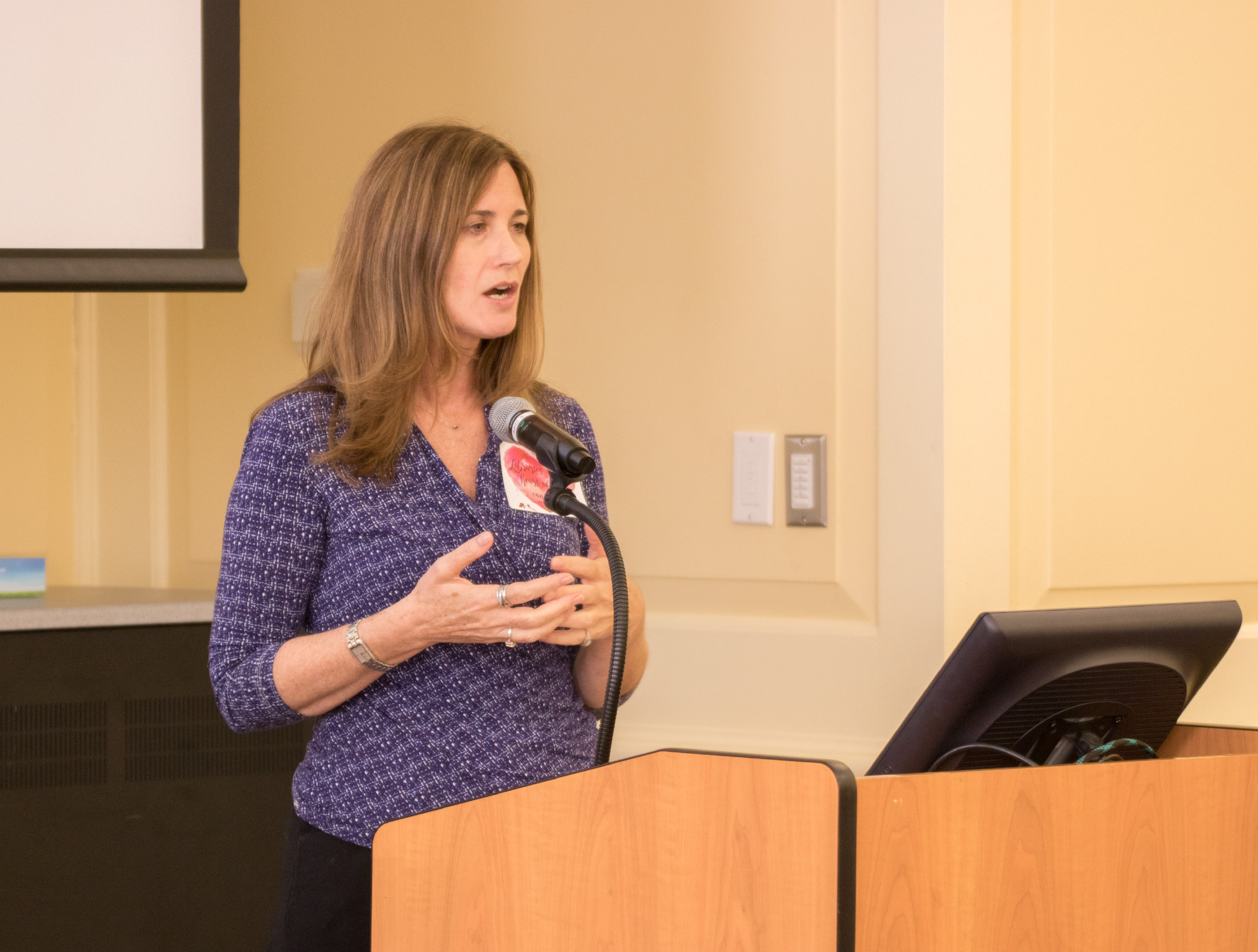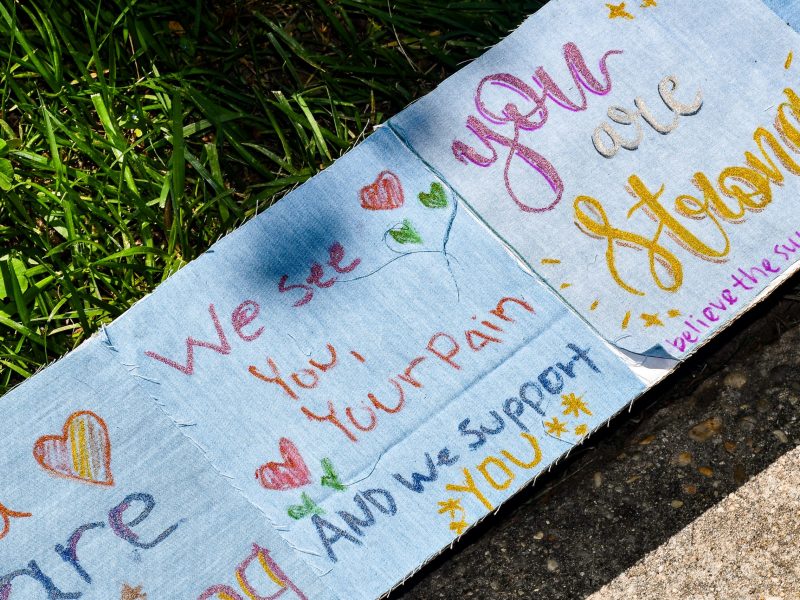By Deedee Younis
For The Diamondback
In an effort to spread awareness on sexual assault and gender-based violence, about 100 members of the University of Maryland community gathered Wednesday for a panel discussion.
Panelists included Ryan Curtis, undergraduate studies assistant director in the psychology department, Catherine Carroll, the Office of Civil Rights and Sexual Misconduct director, and several other faculty members.
Curtis, who is also a lecturer in the university’s psychology department, opened the discussion by covering some of the science behind the reality of sex among college students.
More specifically Curtis debunked the assumption among college students that most college students have overactive sex lives. This stereotype can be misinforming, he said, and can lead to forceful and uncomfortable hookups.
In reality, Curtis said between 13 percent and 15 percent of his students reported they had never engaged in a “hookup.”
“People are consistently overestimating the amount of hookups students are having on campus,” he said.
The discussion also referenced the growing #MeToo movement, a social media campaign encouraging individuals to speak up about sexual assault. Carroll said this issue “isn’t new, it’s just in the media now.”
“We can put policies in place which we have done by adding my office to campus,” Carroll said. “But that doesn’t mean visiting my office can fix any of this because when people come to my office they have already faced that harm.”
In response to Obama administration guidelines, this university created the Office of Civil Rights and Sexual Misconduct in March 2014. Since then, the number of university sexual assault investigations has increased, but possible policies from the Trump administration may threaten progress.
Another panelist, Ashwini Tambe, who serves as a professor in women’s studies department, also discussed America’s political and social climate, referencing President Trump’s administration as a possible factor as to why this movement has gained support.
“This is an interesting time for feminists to speak up,” Tambe said.
Brittany De Gail, an administrative assistant for University Libraries, attended the event and said the discussion was very interesting, specifically mentioning the political climate and the #MeToo movement.
“This event focused more on the systemic reasons why there is discrimination and sexual harassment,” De Gail said. “The political culture and the like, the #MeToo movement kind of changed the tone of this event and I found that very timely and a very important discussion to have.”
De Gail said she’s glad the university is hosting these kinds of events, adding that “the most important thing is just the awareness that we are having these discussions on campus.”
Tambe also said she was shocked by the event’s turnout, but she said she hopes growth continues as the focus shifts toward understanding why sexual assault victims often don’t come forward.
“I have to be honest, I did not expect this big of a crowd but I’m sure it has to do with the topic,” Tambe said.
Carol Stabile, who serves as chair of the women’s studies department, also spoke on the panel, focusing on her experience while working at the University of Pittsburgh.
“My experience at Pitt has haunted my career,” Stabile said.
Stabile urged this university’s community to take on the conversation and movement toward making campus a safer place, adding she’s seen how pervasive sexual harassment can be on college campuses.
“The predators that I encountered on campuses were so good at what they did in ways that the people who would’ve blown the whistle on them were never able to do so,” Stabile said.



